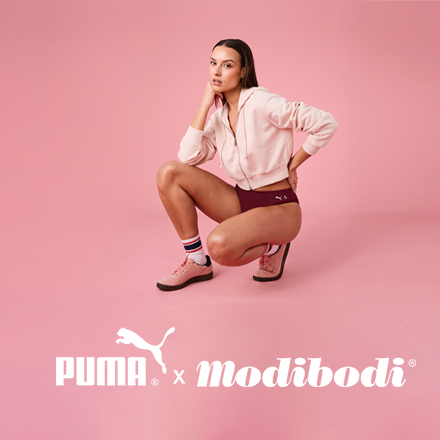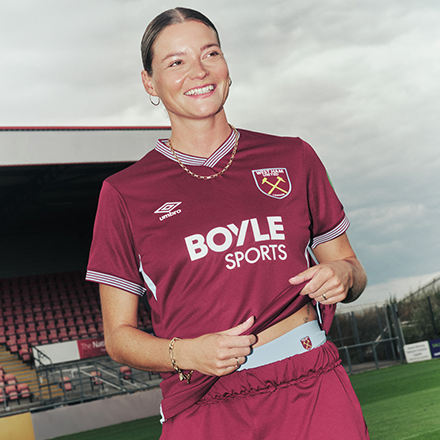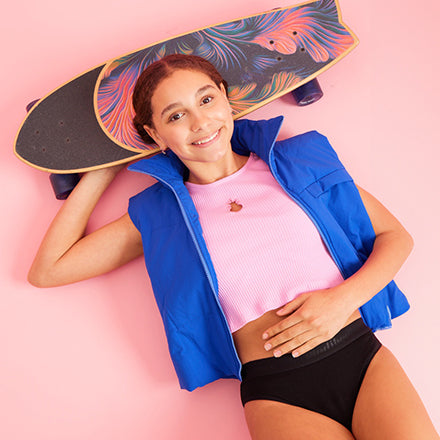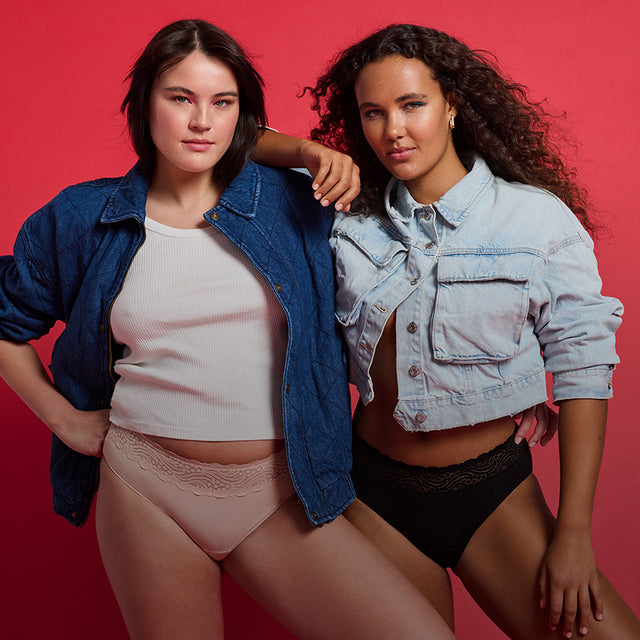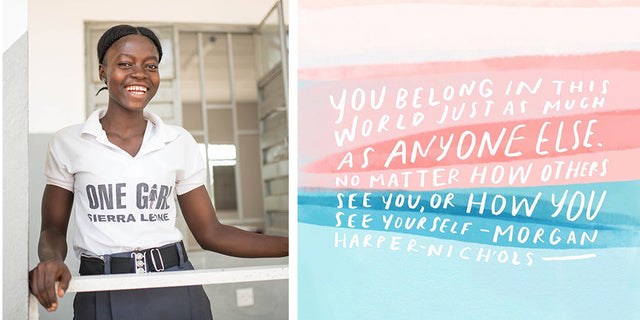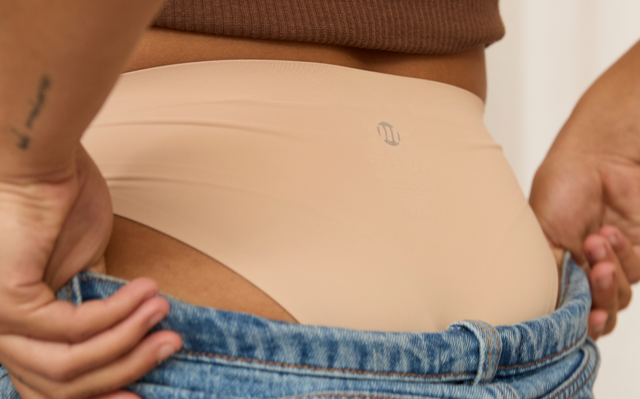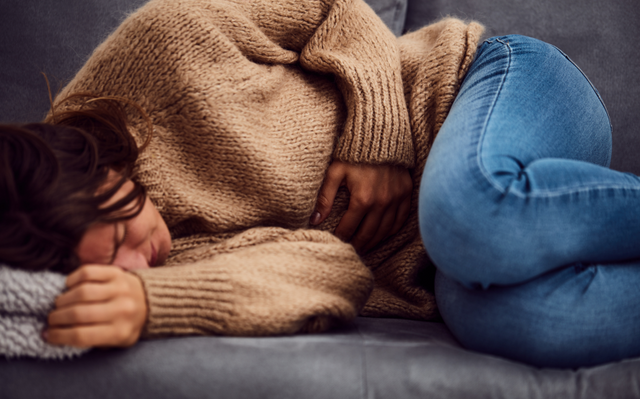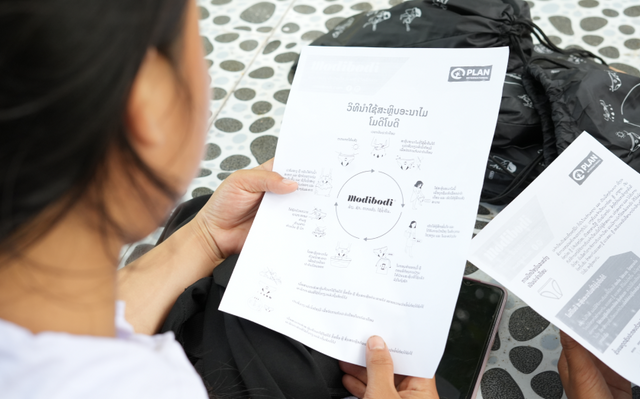This blog written by Sarah Ireland deserves a special introduction because it discusses the difficulty some people have when it comes to accessing menstrual products. This is a criticism our products have received and it’s something we’re working very hard to change. Reading Sarah Ireland’s blog reminded us how important it is to make products that are inclusive, sustainable and accessible so every bodi can benefit. Thank you, Sarah, for bringing attention to the LaunchPad program and for sharing these women’s stories.
"I would use bits of cloth when I was on my period, I was getting infections because of that cloth and itching. I never knew about pads, nobody in my community uses them." This is Nancy, a 19-year-old young woman from Sierra Leone.
Like most girls and women in Sierra Leone, Nancy didn't have a hygienic way of managing her period. Without access to sanitary products, she had to use makeshift materials like kitchen sponges or old cloth every month. And when she cleaned them, the soiled cloth could not be hung out to dry in the sun because of cultural taboos around menstrual blood. This means the pieces of cloth would be dried indoors — stuffed under a mattress or hidden from sight — in extremely humid conditions, making them a breeding ground for diseases.
Because of the unhygienic nature of these materials, women like Nancy can experience rashes, sores and bruising. Being able to manage your period in a dignified and hygienic way is crucial to the health and wellbeing of all women and girls.
But in countries like Sierra Leone and Uganda, there are a range of issues that prevent girls and women from doing so.
Issues such as a lack of understanding of menstrual hygiene management (MHM), sexual and reproductive health and rights (SRHR) and women’s bodies. All of this feeds into the damaging cultural stigma that a menstruating woman is ‘dirty’ or ‘impure’.
So what do girls do when they're faced with stigma during their period?
They tend to stay home rather than heading to school. A recent study across seven districts in Uganda found that 60% of girls don’t go to school when they have their period.
Imagine the impact of missing 12 weeks of school a year!
Education on SRHR, and specifically MHM, is vital to breaking the cycle of gender inequality. So at One Girl, we aim to provide access to knowledge, products, and services for girls and women so they can understand their bodies and understand their right to consent and choice.
We also educate boys and men so they can spread awareness and transform attitudes. This is how we can ensure sexual and reproductive health and rights are met, and that menstruation is seen as a natural, normal, and healthy process.
Through One Girl’s LaunchPad program, women and girls lead community and school-based education sessions through clubs. These clubs are powerful community mobilisers that conduct outreach to boys, women, and men so that everyone’s understanding of menstruation and sexual and reproductive health and rights is strengthened.
These female club leaders — One Girl’s LaunchPad Champions — are incredibly effective as young girls get to learn from people they know and trust! The LaunchPad clubs also act as micro-businesses by selling reusable hygiene products purchased from One Girl and sold at a subsidised price to women in the community.
This means that the Champions not only provide menstrual hygiene education and sanitary pads but are able to generate a small income. Significantly, 85% of these profits are invested straight back into children’s education!
Through One Girl’s LaunchPad program, not only are young women like Nancy healthier and able to focus on succeeding in school, but they are also spreading their knowledge to other young women in their community. The ripple effect of education is undeniable.
Knowledge is power, and something as simple as a period should never stop a girl from going to school.
To find out more or to get involved, visit One Girl.

